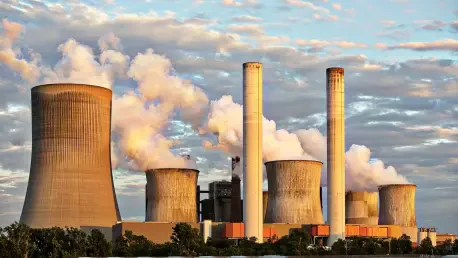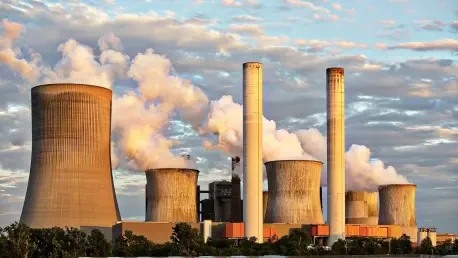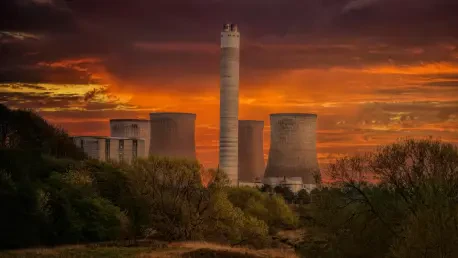
In a stunning display of corporate turnaround, a Texas-based utility company has not only clawed its way back from the brink of financial ruin but has also positioned itself as a dominant force in the U.S. energy sector, rewarding its leadership handsomely in the process. Under the stewardship of

The Trump administration has embarked on a bold mission to transform the nuclear energy landscape in the United States, setting a target of 400 gigawatts of nuclear power by 2050—an ambitious goal that could redefine energy independence and combat climate change. Positioned as a low-carbon

In a state renowned for its abundant sunshine and vulnerability to climate challenges, Florida stands at a crossroads where energy policy intersects with economic necessity and public sentiment, shaping the future of sustainable development. A recent poll conducted by a prominent research firm has

In a world hungry for clean, sustainable energy solutions, a groundbreaking initiative at Los Alamos National Laboratory (LANL) in the United States is capturing attention with its bold approach to nuclear fusion. Known as the Plasma Liner Experiment (PLX), this project is charting a new course by

In the heart of Wyoming, Campbell County finds itself wrestling with a decision that could redefine its economic and environmental landscape, specifically whether to allow the storage of nuclear waste within its borders, a choice that carries significant implications for the future. The Campbell

Imagine a nation at a critical crossroads, where the promise of cutting-edge nuclear innovation clashes with deep-rooted concerns over public welfare and affordability, placing Argentina in a challenging position. As President Javier Milei pushes forward a bold decree to partially privatize